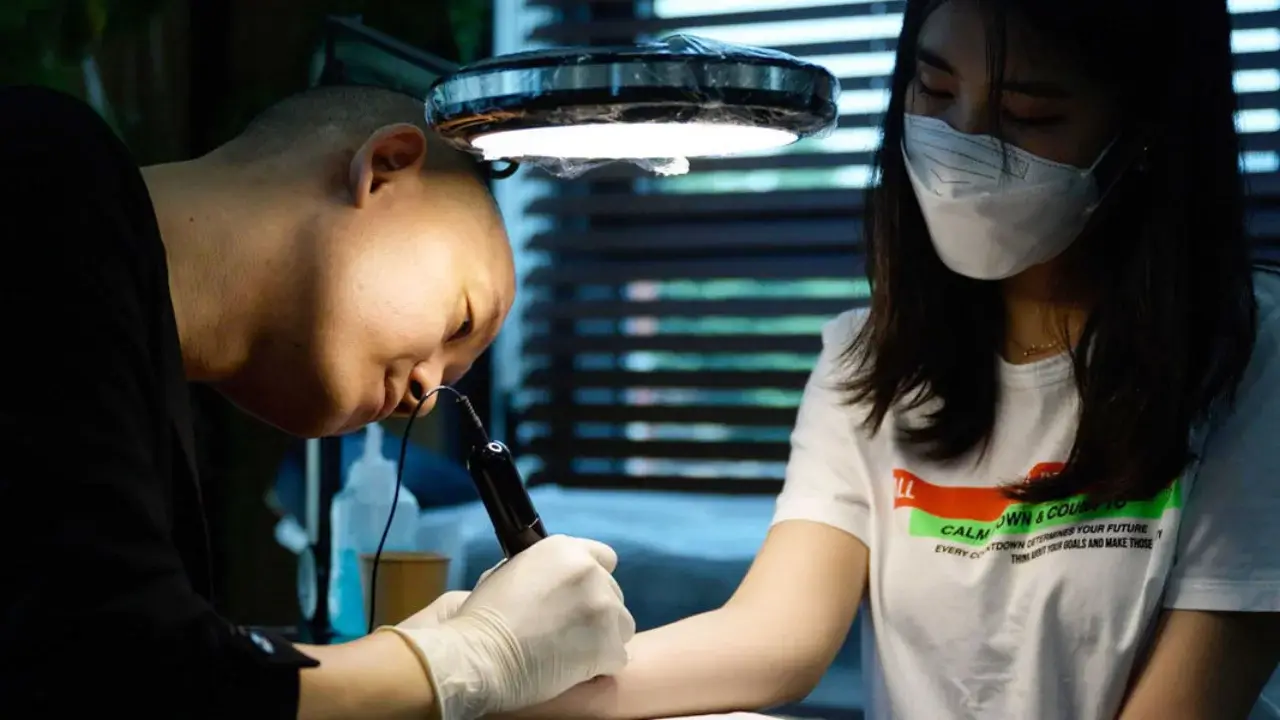Tattoos are officially allowed in South Korea after a 30-year ban

South Korea has made an important decision in the legislative field. The country’s parliament officially lifted the ban that had been in effect for more than 30 years regarding the tattoo industry. Now tattoo artists will be able to legally practice on the basis of a special license, without the requirement of medical education.
According to information, in 1992, by decision of the Supreme Court of Korea, tattoos could only be performed by doctors. This became a serious obstacle for thousands of artists working in the field of art, leaving them outside the legal framework for many years.
According to the newly adopted law “On Tattoo Artists,” masters now have the right to obtain a special license. However, a two-year transition period has been established for the full entry of the law into force. During this time, tattoo artists are required to pass a national exam, complete mandatory courses on safety and hygiene, and keep detailed official documentation in the course of their activities.
At the same time, the right to remove tattoos using a laser is granted only to medical specialists. This requirement was preserved to minimize risks related to human health.
This decision of the parliament is regarded as the result of many years of struggle and demands of tattoo artists in South Korea. According to experts, now tattoo art will be officially recognized in the country, which will give a strong impetus to its development. In addition, this step will strengthen the legal status of thousands of masters who have worked in the shadows for many years.
Thus, South Korea’s new decision is considered an important turning point not only for creators but also for tattoo culture, which is becoming increasingly popular among young people.
Read “Zamin” on Telegram!




















